Ipê News #12 - Free Cities in Prospera, Zama’s Httpz, Telegram’s Cocoon and more
Your weekly update on what is happening in the Startup Society ecosystem.
Hey builders!
Welcome to our 12th edition of the Ipê News. Discover top projects shaping the Network State industry, new communities, cities, and governance experiments, for free in your inbox. Join our Discord Server. Do you know something new we should feature? Please let us know.
🏘️ Community Updates
Highlights from Ipê City, partner communities, or aligned initiatives.
As Ipê City prepares for Ipê Village 2026, we secured a partnership with the Network School: the best Architect in March 2026 will win a free one-month residency at the school. It is the first step in building the network of nodes for the builders of tomorrow.
Becoming an Architect in the frontier doesn’t start in 2026, though, so if you want to participate and build your knowledge, join us already online and get to know the community. Our next Town Hall will be on Sunday, November 16 on Discord.
🏫 Learning section
A learning segment to upskill and be able to build the tools of the future.
Since we already covered the Ethereum Identity Kit, it is worth looking at EAS: Attestations on-chain. You can think of attestations as tags that anyone can put on a wallet, it’s a digitally signed claim. They attest that something really happened, which is a necessity for administering any Network State.
They work with two smart contracts on EVM blockchains, one to register the attestations structure (called a schema), and one to issue the attestations. A third contract can be used to allow for off-chain attestation, delegating the on-chain signing and the gas fees to a proxy. Optionally, you can add a “resolver”, a smart contract to add rules and automation.
The schema can store any data like a bool, an integer, a string, or an address, enabling any type of application, votes, credentials, and many more. It is used by many protocols, from Gitcoin attesting donation, ETHGlobal attesting participation, Devfolio attesting votes, or even Sign Protocol, allowing you to sign contracts like NDA or invoices (see EThSign). Bureaucracy on-chain for Network States.
🌐 Network Societies Update
A quick pulse on emerging cities, nomad groups, and experiments shaping the future of network societies.
Since 2017, the Free Cities Foundation has been promoting self-governing territories for freedom. Their flagship conference features many prominent speakers from the Charter City Institute and the seasteading movement. For the 2025 edition in Prague, it includes Liberland, Draper Nation, and our own Hugo Mathecowitsch, presenting Tools for the Commons. Prospera and Ciudad Morazan are regularly featured, since the goal is to increase the number of special jurisdictions for free cities.
You can watch the 2 days of the conference on YouTube, which came with a special announcement: next year, instead of the usual location in Prague, the conference will be held in Prospera, giving you an opportunity to join a premium conference and explore the flagship Special Economic Zone.
⚖️ Governance Tools
Exploring mechanisms for coordination, decision-making, and digital governance.
During Blockchain Life 2025, the CEO of Telegram unveiled a new decentralized compute network to power an AI network on the TON blockchain. Standing for Confidential Compute Open Network, the network will launch this month, November 2025, after reviewing applications from GPU owners who want to contribute.
The model is for app developers to reward GPU providers with $TON tokens, with Telegram as the first major customer for Cocoon. The most interesting feature is the privacy-preserving AI computing, ensuring confidentiality during AI processing, and all governed by smart contracts on blockchain.
Bringing a decentralized AI network to a social network with more than a billion monthly users is sure to make some waves in the industry. Telegram has one of the most developed mini-app and bot ecosystems, with no-code development tools. This strategy is a push for freedom, competing with private AI companies.
🛠️ Web3 Tools
Tech shaping decentralized living, finance, and identity.
More and more countries are implementing digital forms of identification, but is it good? Identity theft is already a massive problem in the world, and India demonstrated what happens when a digital ID gets hacked, but it has often worked against the poorest citizens.
Beyond the security issues, privacy issues creep in when the government or corporation can restrict access or enable massive surveillance. Digital IDs are just the first step towards digital currencies and social control mechanisms. We already covered how decentralized IDs can provide a better solution, but is it sufficient with public blockchains?
That’s why a company called Zama is proposing a new encrypted standard called httpz. Using Fully Homomorphic Encryption, the cloud can store encrypted data and still perform computation without ever exposing the raw data. Effectively, Zama is building an Operating System for the Network States.
🌍 Other Interesting News
Broader movements and stories from the frontier of digital-first governance and societies.
We already mentioned the upcoming Devconnect, but what is actually happening in Buenos Aires next week? With 250 events across 2 weeks, the calendar is packed. But this time it’s also a world fair with 15 community hubs.
Expect 15,000 builders in one city, hundreds of cafes accepting crypto payments, a coworking space available all week, and many side events. The actual Devconnect will start Monday, 17 November, with ETH Day, where the Ethereum Foundation will present the latest updates. The week ends with a 3-day hackathon from ETHGlobal, with $500,000 in prizes.
For the governance nerds reading this, it is worth mentioning the Governance Day and the Ethereum Cypherpunk Congress, happening over the weekend before Devconnect, as well as the GovTech event by Onchain City. Most community hubs promise to be particularly interesting, but you will mostly find us in the Future Cities & Hubs one. Come join the conversations.
💡 Join Ipê Village II
Ipê Village 2026 will be our next large-scale experiment exploring the future of communities, cities, and governance. Hosted in Florianópolis, Brazil, in March 2026, this pop-up city is open to founders, builders, creators, and techno-optimists.
Follow the journey and join the community on Twitter or Discord.


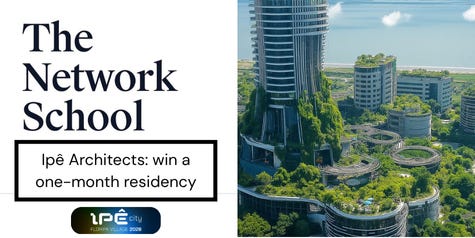

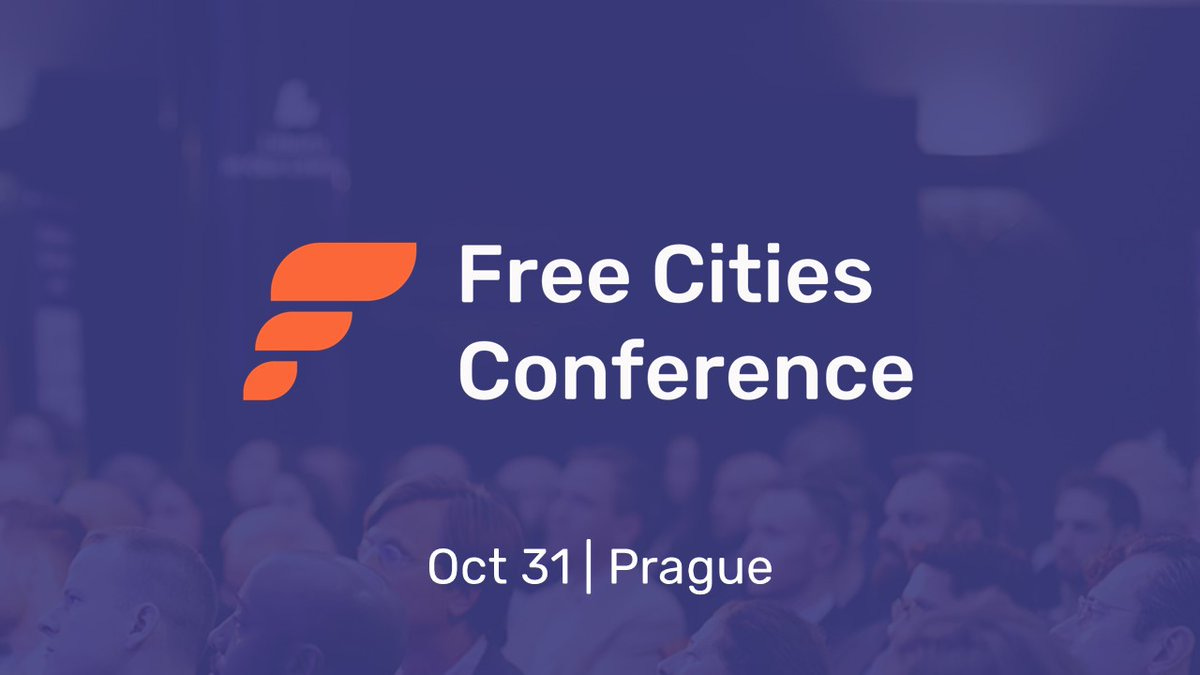
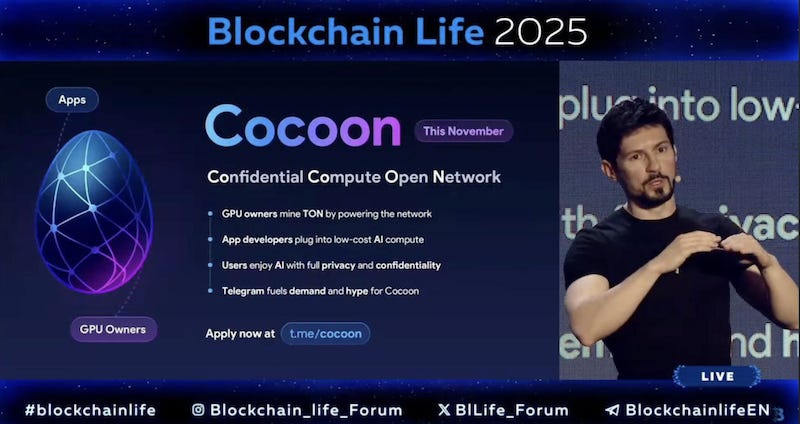
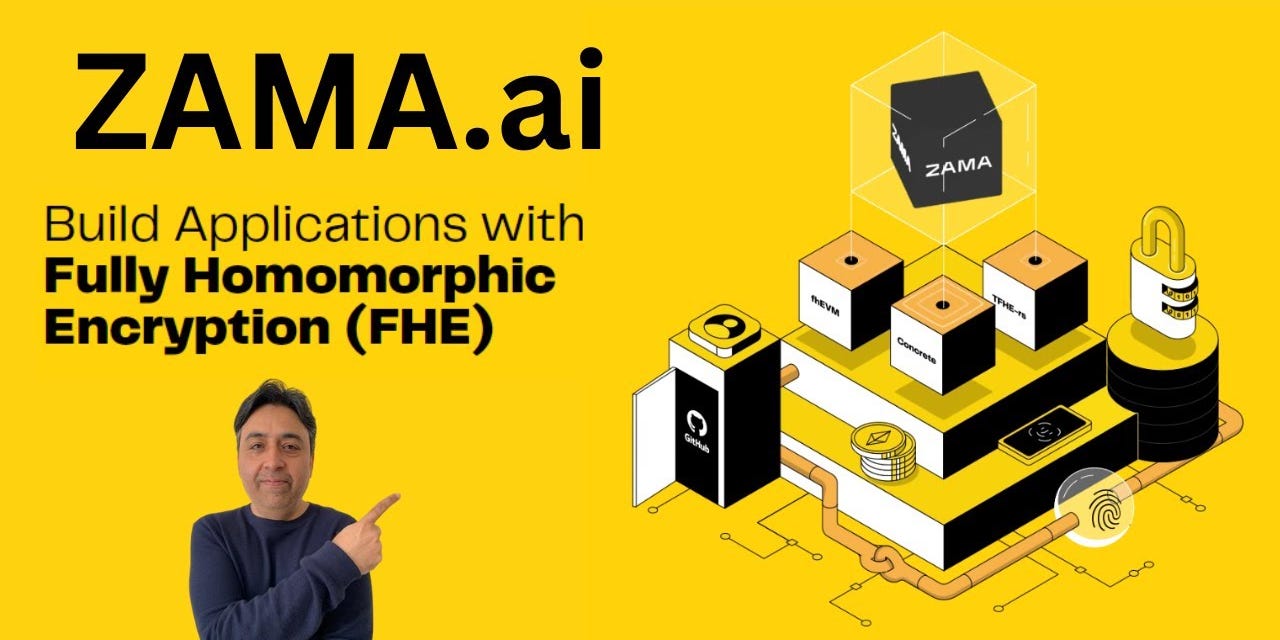
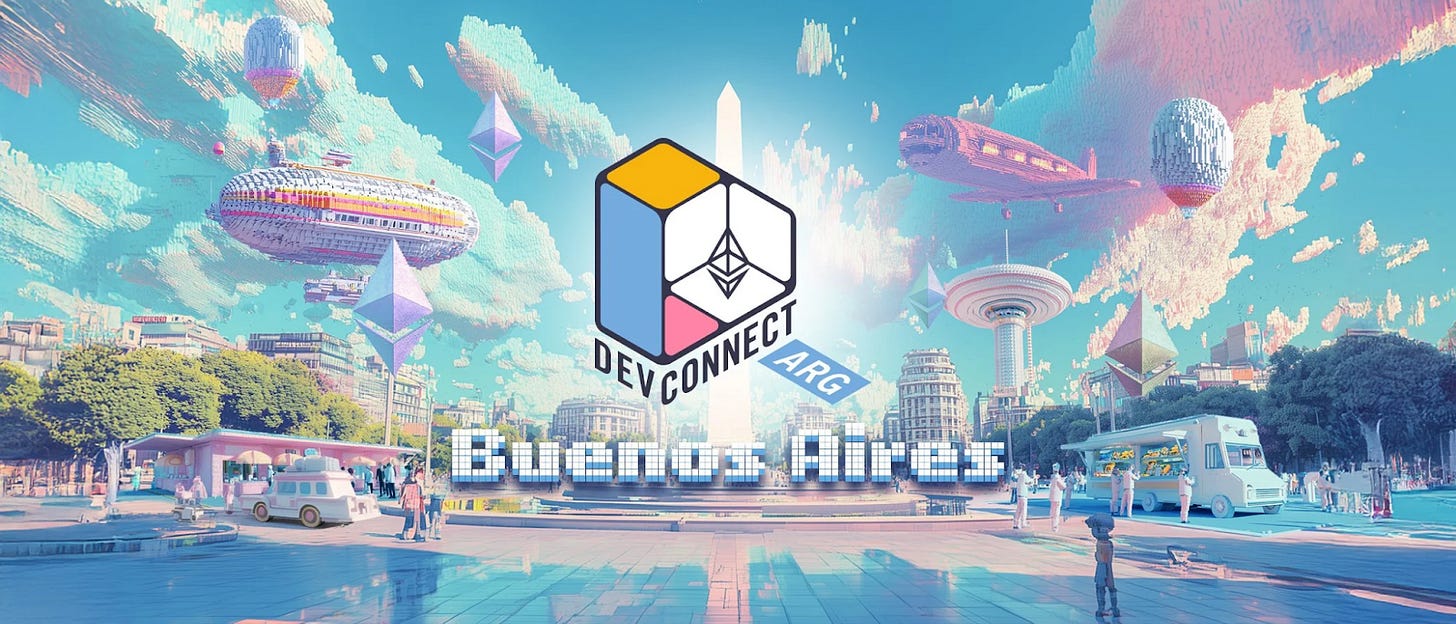

Ipe Village - sounds cool!